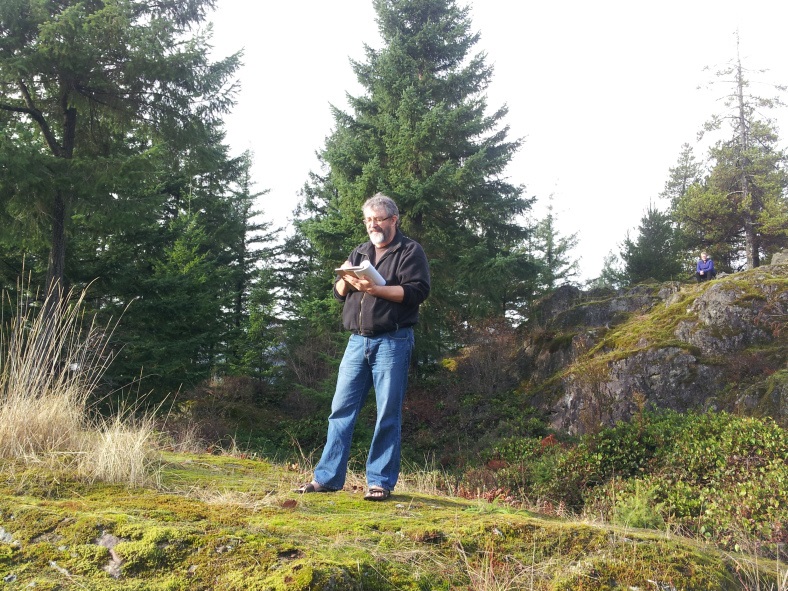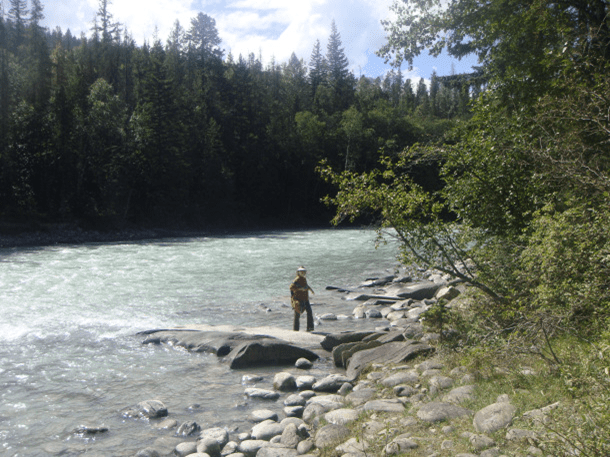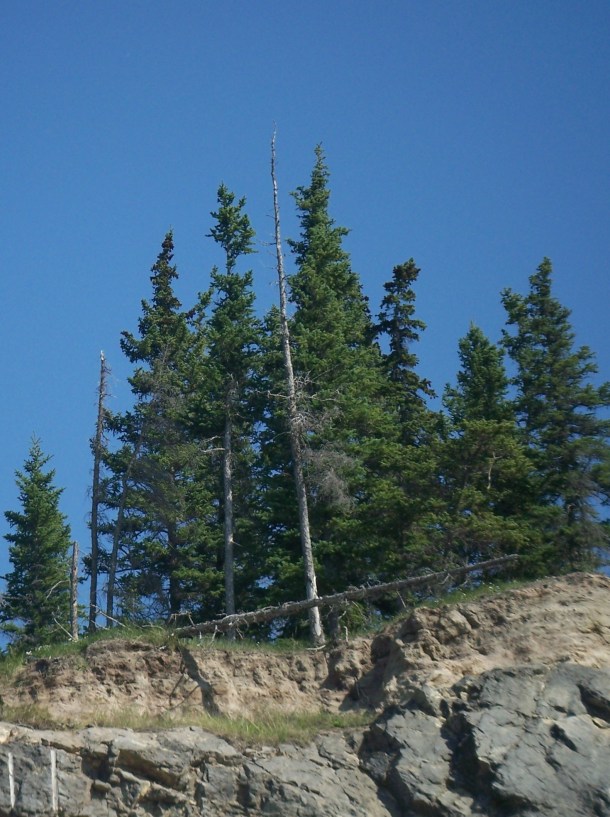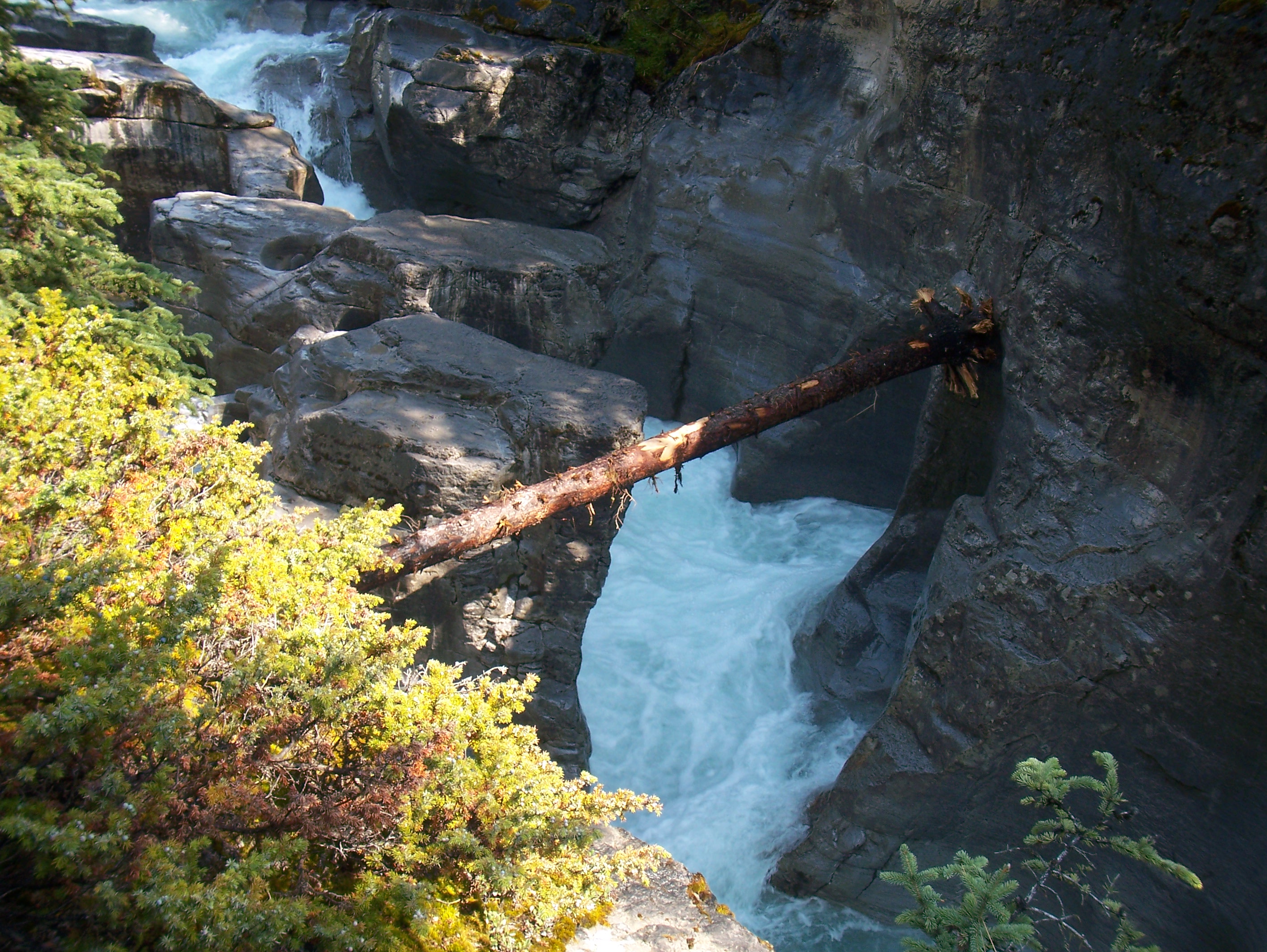I originally wrote this on Bowen Island, attending an Art of Hosting retreat. It reminded me of the counter cultural nature of Parker Palmer’s writing and events focused on his work. It is about communicating and seeing others as fully human.
In today’s divided world, this seems countercultural. An essential element to hosting and dialogue is listening to others in respectful ways. It does not mean we agree with them. What it means is we are open and listen to hear how they experience living their life, guided by one’s conscience and sense of values that ground us. Values give each of us strength, anchoring us and letting us understand what is proper and improper.
When we invite people into conversation, listen deeply, and ask questions which shake our certainty about the world we turn inward and focus on what grounds us to respond to them and help heal a hurting world.
Perching pensively–
Holding pen tentatively;
Senses coming,
In the midst of nature’s beauty.
Awakening–
Becoming aware;
Listening deeply;
In the midst of sounds flowing.
Breeze caressing gently–
Sunlight bathing softly;
Basking in these moments,
Resting in peace.
A colleague took this picture of me on top of Cates Hill on Bowen Island as I wrote and they were gracious enough to share it with me. It is spectacular with water and land in the panoramic view.










